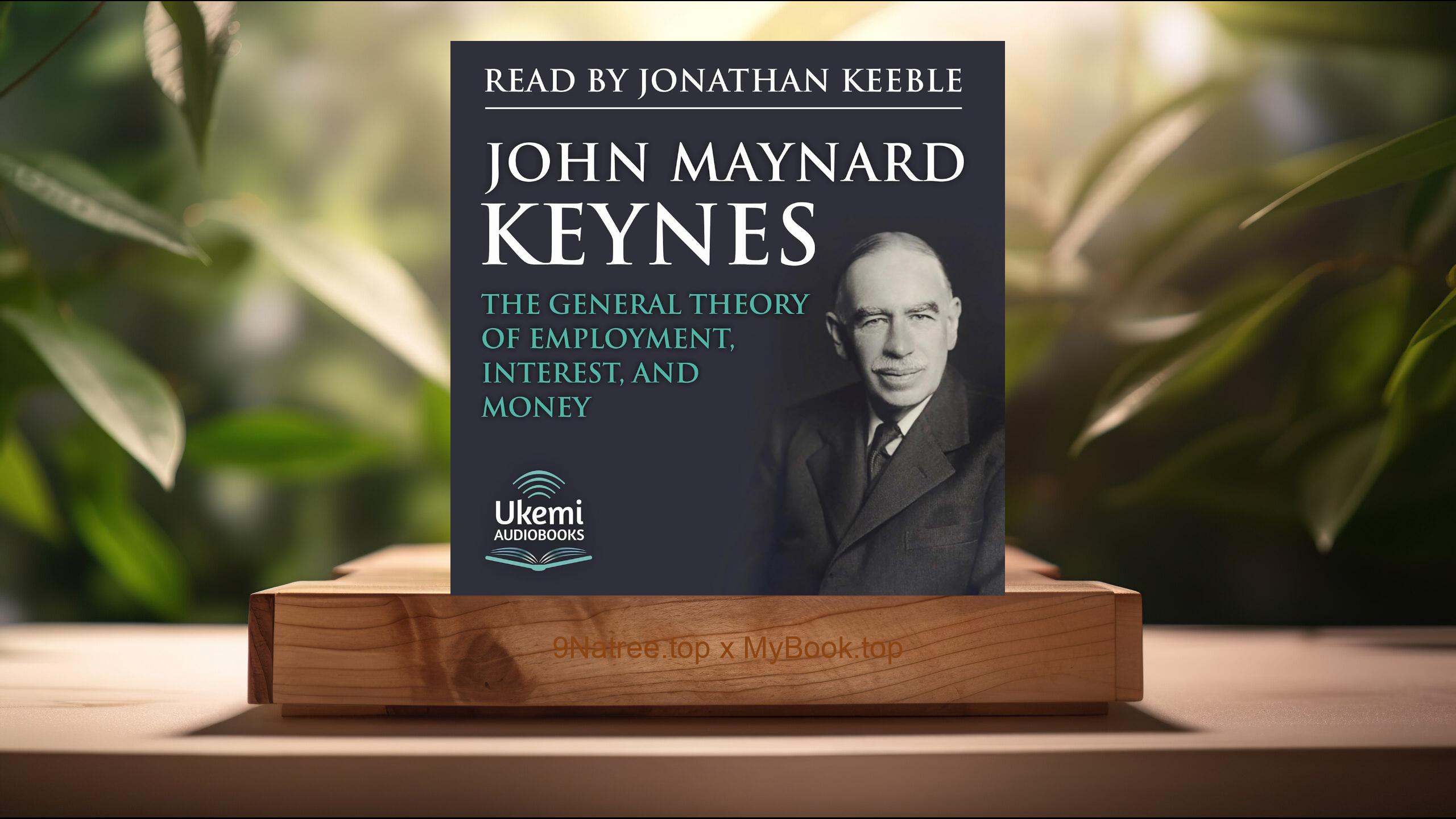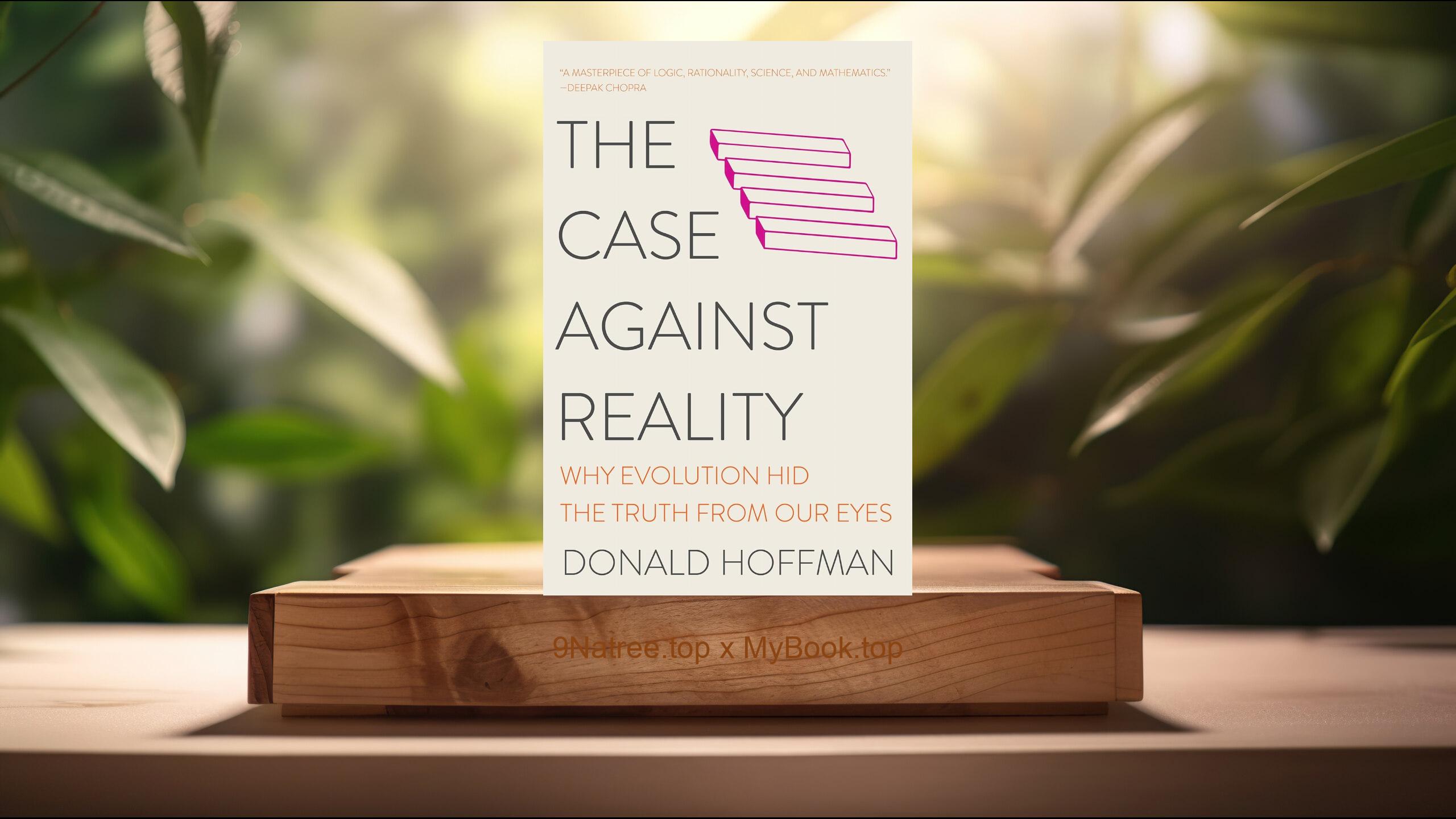Show Notes
- Amazon US Store: https://www.amazon.com/dp/B0CQ3L3SVK?tag=9natree-20
- Amazon Worldwide Store: https://global.buys.trade/Basic-Economics-Fifth-Edition-A-Common-Sense-Guide-to-the-Economy-Thomas-Sowell.html
- Apple Books: https://books.apple.com/us/audiobook/basic-economics-fifth-edition-a-common-sense-guide/id1717608377?itsct=books_box_link&itscg=30200&ls=1&at=1001l3bAw&ct=9natree
- eBay: https://www.ebay.com/sch/i.html?_nkw=Basic+Economics+Fifth+Edition+A+Common+Sense+Guide+to+the+Economy+Thomas+Sowell+&mkcid=1&mkrid=711-53200-19255-0&siteid=0&campid=5339060787&customid=9natree&toolid=10001&mkevt=1
- Read more: https://mybook.top/read/B0CQ3L3SVK/
#EconomicPrinciples #MarketDynamics #IncomeDistribution #GlobalEconomy #EconomicPolicy #ThomasSowell #ResourceAllocation #GovernmentIntervention #BasicEconomicsFifthEdition
These are takeaways from this book.
Firstly, Principles of Economics, Sowell begins with the foundational principles of economics, emphasizing that economics is not just about money but about resources and their allocation. He introduces the concept of scarcity and the necessity of making trade-offs, underscoring that resources are limited while human wants are not. By discussing opportunity cost, he elucidates how individuals and societies prioritize resources. Sowell further delves into the role of prices in economy, illustrating how they convey vital information for decision-making and coordinate the actions of millions without any central planning. This segment lays the groundwork for understanding the complex interactions within an economy and the implications of economic decisions.
Secondly, Market Mechanisms and the Role of Government, Sowell explores the dynamics of market mechanisms and their efficiency in allocating resources. He discusses how supply and demand determine prices and how these prices, in turn, signal businesses and consumers in their economic decisions. By analyzing market successes and failures, he provides insight into when and how government intervention can be beneficial or detrimental. This section scrutinizes various forms of government intervention, including tariffs, subsidies, and regulations, through historical and contemporary examples. Sowell argues for the power of the market to self-regulate, while also acknowledging situations where government policies are necessary to correct market failures, protect property rights, and maintain the rule of law.
Thirdly, The Global Economy, In this section, Sowell expands his analysis to the global stage, examining the economic principles underlying international trade and globalization. He addresses common misconceptions about trade deficits, competitive advantage, and the impact of globalization on developing economies. By detailing the economic history of various countries, Sowell demonstrates the transformative power of free trade and market liberalization. He discusses the role of international institutions and trade agreements, critiquing both their successes and shortcomings. The global economy segment provides readers with a nuanced understanding of how nations are interconnected economically and the importance of adopting policies that foster international cooperation and economic growth.
Fourthly, Income Distribution and Wealth, Sowell tackles the contentious issues of income distribution and wealth, challenging prevailing narratives with empirical evidence and economic reasoning. He discusses the factors influencing income mobility and the distribution of wealth, such as education, work habits, and government policies. This segment debunks myths about the so-called 'income gap' and 'wealth inequality,' offering a different perspective on the economic realities behind these phenomena. Sowell advocates for policies that enhance economic growth and opportunity, arguing that these are more effective at improving living standards for all than redistributive measures. The discussion on income and wealth is critical for understanding the economic implications of social policies and the trade-offs involved.
Lastly, Economic Policy and Its Consequences, The concluding section of the book focuses on different economic policies and their respective outcomes. Sowell analyzes a variety of policy approaches, from taxation and spending to monetary policy and welfare programs. By examining the consequences of these policies in different contexts and times, he highlights the importance of considering long-term effects and unintended consequences. Sowell’s critique of economic policies is grounded in a broader understanding of human behavior and market dynamics, advocating for policies that harness the power of market forces while ensuring a safety net for the most vulnerable. This comprehensive analysis provides readers with a framework for evaluating economic policies, emphasizing the complexity and interconnectedness of economic systems.
![[Review] Basic Economics, Fifth Edition: A Common Sense Guide to the Economy (Thomas Sowell) Summarized](https://episodes.castos.com/660078c6833215-59505987/images/1847047/c1a-085k3-6zdkqnqnipmp-eyl6je.jpg)




